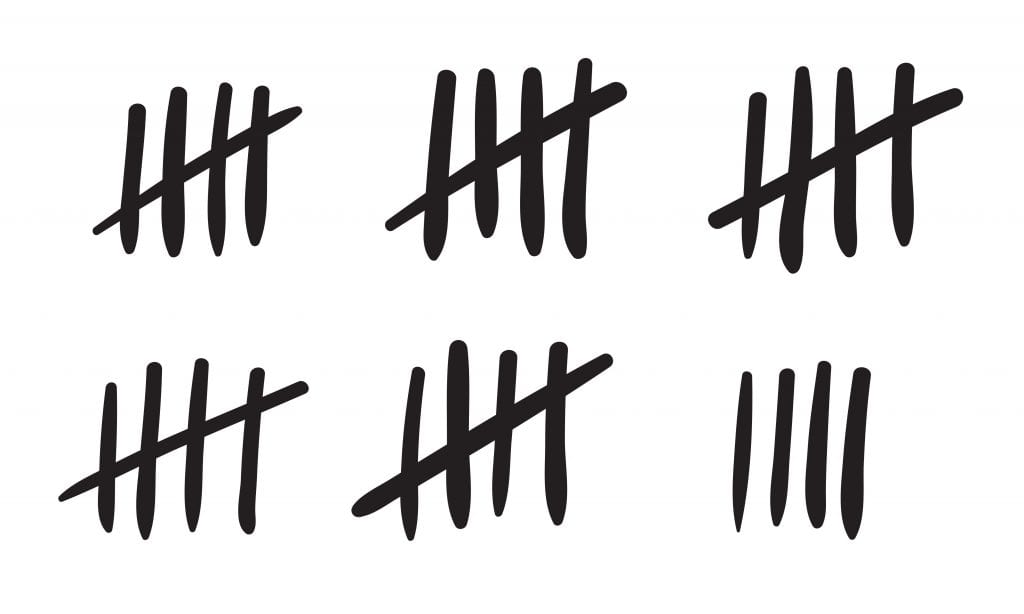Three-strikes laws are also known as “habitual offender laws.” They are federal and state laws that increase punishments for people with three felony convictions. These laws can increase your prison time by many years or imprison you for life. In certain cases, they may also cost you your right to parole. There are many ways to remove a “strike” and shorten your sentence. If you have a previous conviction, find out if your state has a three-strikes law and whether it applies to you.
What crimes fall under three-strikes laws?
Three-strikes laws generally involve serious, violent felonies. They include murder, manslaughter, arson, extortion, firearms use, drug offenses, kidnapping, robbery, and sex offenses. Any crime that is punishable by up to 10 years in prison is also included. If you have two or more previous convictions, including a felony conviction, you could be sentenced to life in prison.
What are the current three-strikes laws for federal offenses?
In 2018, The First Step Act revised the federal three-strikes law. The minimum punishment of life without parole for two or more previous federal “serious violent felony” or “serious drug felony” convictions is reduced to 25 years in prison and from 20 years to 15 years in prison having one previous offense.
Sadly, this revised law does not apply retroactively, meaning that it does not apply to people who are already serving punishment under three-strikes laws. But, it will apply to people who are recently arrested.
Do states have three-strikes laws?
Yes. At present, 28 states have three-strikes laws. Each state has its own rules. States like California, Connecticut and Georgia may convict a person with two strikes. But, other states like Indiana, Louisiana and North Carolina have mandatory life in prison without parole for a third strike. But, some states such as Colorado and Connecticut may sentence people for up to 40 years in prison. Other states like California and Florida may sentence for life.

Can you get two or more strikes at once?
It is rare but possible. If someone commits multiple crimes at once they might trigger a three-strike law. For instance, suppose a person was in an accident while driving a stolen car. They then point a handgun at another person who tries to call the police. In California, after getting arrested they can be charged for assault with a firearm and robbery for stealing the car. That is two strikes at once.
Can you get a strike removed?
Yes. You can request a judge to reduce a felony to a misdemeanor. Judges might remove a strike in the “interest of justice” or to avoid “cruel and unusual punishment.” Prosecutors can request to remove a strike in certain circumstances, too. Under California law, defense attorneys can file a Romero motion to remove a strike.
Sometimes a petty crime may be counted as a strike and can increase your prison time, but that may not be the case. For example, in Lockyer v. Andrade (2003), a person was put in prison for 25 years for petty theft. But, on appeal, the sentence was removed because it was unconstitutional. The removed conviction did not count as a strike.
The Takeaway:
Three-strikes laws can convict you for longer periods of time. Knowing these laws can protect you or a loved one from increasing prison time. If you have a previous conviction, find out if this law applies to you. The First Step Act has shortened the punishment for some federal offenses, but each state has its own rules. You can get help from an attorney if you want to try to remove a strike.






